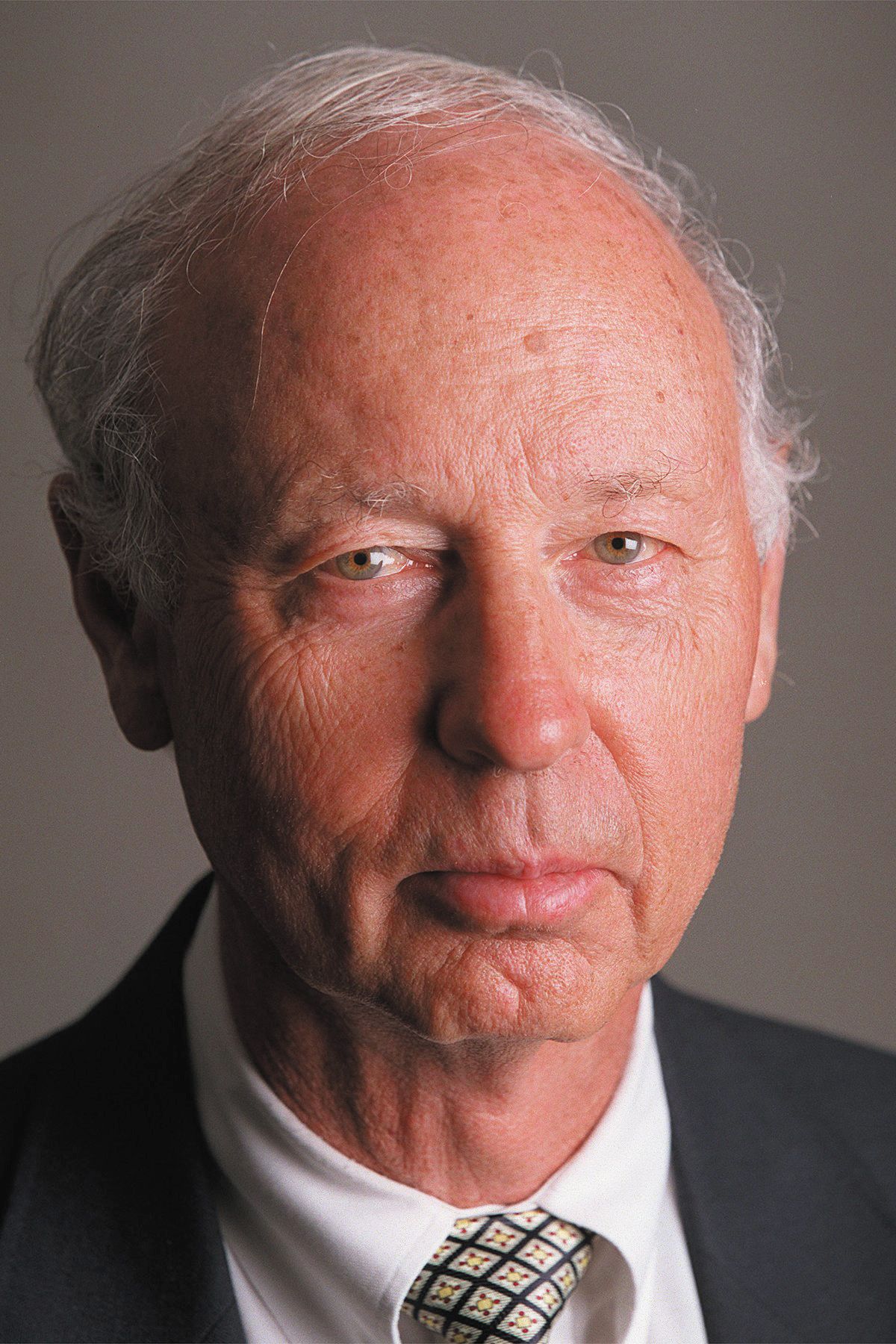
Jules Witcover, a towering figure in American political journalism whose reporting and commentary spanned more than six decades, died on Saturday at his home in Washington. He was 98. His passing marks the end of an era for a journalist often hailed as an “old school” professional—one who interpreted America’s political scene as both a sharp analyst and a firsthand witness to history.
Confirmed by his daughter, Amy Witcover-Sandford, Witcover’s career offered a vital lens into the nation’s political machinations, from Washington’s backrooms to presidential campaign trails. Known for rigorous fact-finding and depth, his work appeared across major newspapers and in a shelf of influential books. He adapted from manual typewriters to laptops while upholding unwavering standards, leaving an indelible mark on political journalism and inspiring generations.

Early Life and Personal Journey
Born July 16, 1927, in Union City, N.J., to Samuel and Sarah Witcover, Jules grew up with an early interest in writing—he and a cousin once sold a one-page family newspaper for a nickel on Thanksgiving. After high school, he attended Columbia College briefly before a one-year Navy enlistment post-WWII. Using the G.I. Bill, he returned to Columbia, earning a bachelor’s (1949) and later a master’s from its journalism school (1951).
He shifted from sportswriting ambitions to political reporting, finding it “equally combative and enjoyable.” Married to Marian Laverty in 1952 (divorced 1990), they had four children. In 1997, he married Marion Elizabeth Rodgers, a biographer of H.L. Mencken. He is survived by his wife, children Amy, Paul, Julie, and Peter Young, and three grandchildren.

A Career Spanning Six Decades: From Typewriters to Laptops
Witcover’s journalistic journey was a marathon, covering presidential races and political affairs for 68 years. He contributed to esteemed publications including The Baltimore Sun, The Washington Post, and The Washington Star, becoming a fixture in the nation’s capital. His longevity let him document seismic shifts in American politics across generations.
He transitioned seamlessly from the clatter of typewriters to the hum of laptops, yet stayed true to in-depth reporting and meticulous analysis. As he reflected in his memoir, “The Making of an Ink-Stained Wretch,” he was a “fly on the wall at some of the great and small scenes of contemporary American history and politics.” He spent countless hours on whistle-stop trains, press buses, and planes, immersing himself in the political process to deliver unparalleled insight.

“Politics Today” and a Legendary Partnership
One of Witcover’s most enduring legacies was his syndicated column, “Politics Today,” co-written for years with the late Jack Germond. Debuting in The Washington Star (1977–1981) and later moving to The Baltimore Sun (1981–2005), it reached up to 140 papers, becoming a staple for political enthusiasts.
Witcover and Germond described their collaboration as a “good cop/bad cop routine,” blending reporting with often opposing opinions. This dynamic let them voice frank views on politicians while holding each other accountable. After Germond’s retirement in 2001 and death in 2013, Witcover continued the column solo for The Sun and later Tribune Media Services until his 2022 retirement. Their partnership, marked by “long, booze-soaked dinners on the campaign trail” as chronicled in Timothy Crouse’s “The Boys on the Bus,” remains a defining example of impactful political commentary.

Witness to Pivotal Moments in History
Witcover’s career placed him at the heart of pivotal historical events, offering reporting rooted in proximity and authenticity. He covered John F. Kennedy’s 1960 victory over Nixon, the Cuban missile crisis, and key civil rights moments—interviewing figures like Martin Luther King Jr. and Malcolm X in 1963.
His first book, “85 Days: The Last Campaign of Robert Kennedy,” chronicled a turbulent period in American politics. Through such work, he demonstrated a knack for translating complex historical moments into narratives that resonated with broad readerships.

Chronicling Presidential Campaigns and Prolific Authorship
Witcover’s fascination with the presidency began with the 1960 campaign, and he became a dedicated chronicler of quadrennial races. His 1977 book, “Marathon: The Pursuit of the Presidency 1972–1976,” a definitive account of the 1976 election, drew comparisons to Theodore H. White’s landmark “Making of the President” series. Critics noted it was “a running commentary on America,” revealing much about the nation through its political struggles.
Beyond “Marathon,” he co-wrote with Germond a series of campaign books: “Blue Smoke & Mirrors” (1980), “Wake Us When It’s Over” (1984), “Whose Broad Stripes and Bright Stars?” (1988), and “Mad as Hell” (1992). Solo, he penned works like “No Way to Pick a President” (1999) and “Party of the People: A History of the Democrats” (2003), along with biographies of vice presidents and even a political novel, “The Main Chance” (1979).

The “Shoe-Leather” Ethic and Critique of Modern Media
Witcover epitomized the “shoe-leather” reporter—one who gathered facts through direct, in-person engagement rather than remote observation. He thrived on the campaign trail, building relationships with sources through extensive travel and personal interaction. As Crouse noted in “The Boys on the Bus,” Witcover was “deadly serious about his craft” and deeply reflective on journalism’s role and flaws.
His long career gave him a unique perspective on media evolution. In a 2004 interview, he lamented how technology eroded reporter-source relationships. “Candidates once chatted casually with a small group of reporters on a plane,” he said. Now, “a candidate walking back to the press section would be engulfed by a swarm with boom mics and recorders,” leading politicians to avoid such interactions. “It has eroded the relationship you could build with a candidate,” he observed.

A Journalistic Institution
Witcover earned widespread acclaim, often ranked alongside titans like R.W. Apple Jr. and David Broder. Media critic Howard Kurtz called him a “journalistic institution.” Sidney Blumenthal praised his “empirical eye,” noting he “enjoys politics, tries to understand politicians’ motivations, and observes events to see how it all plays out”—avoiding the temptation to use subjects “as grist for the turn of phrase.”
Al Hunt summed up his legacy: “At a time when mainstream political journalism was at its peak, there was no better practitioner than Jules Witcover, and there’s a whole body of work that few if any can ever equal.” His commitment to rigorous, in-depth reporting remains a blueprint for future journalists, ensuring his influence endures in the story of American democracy.



